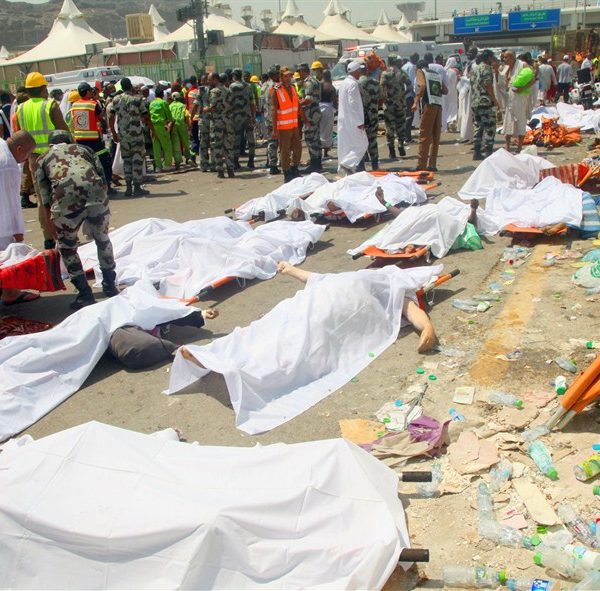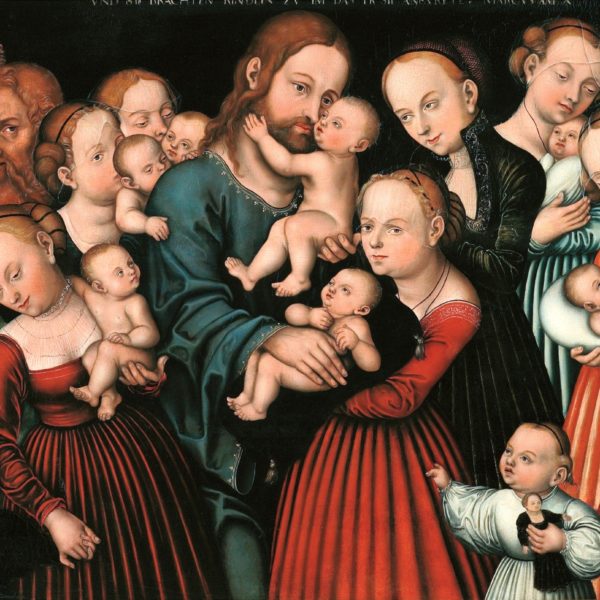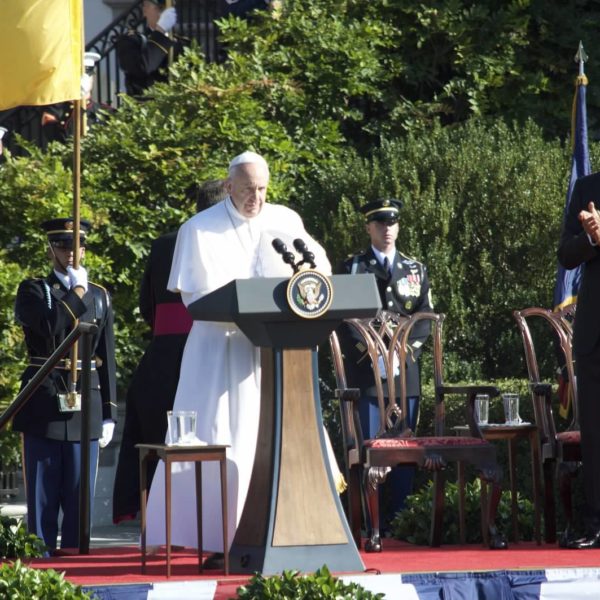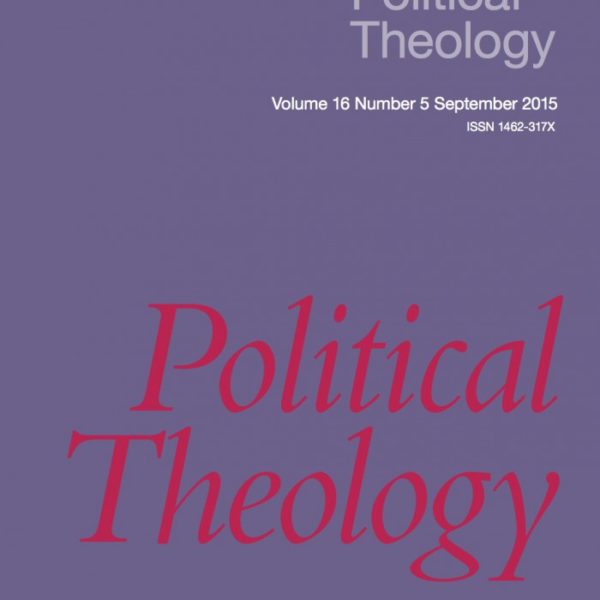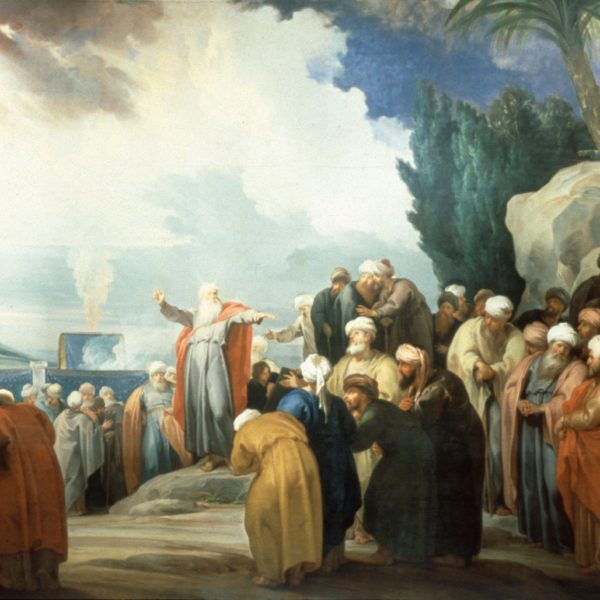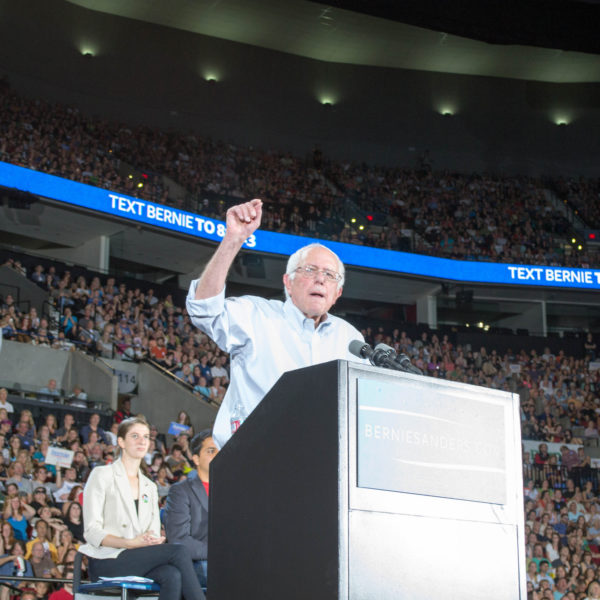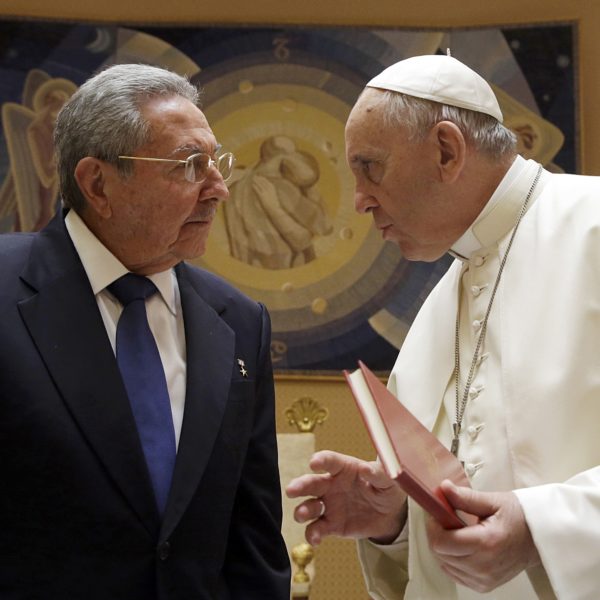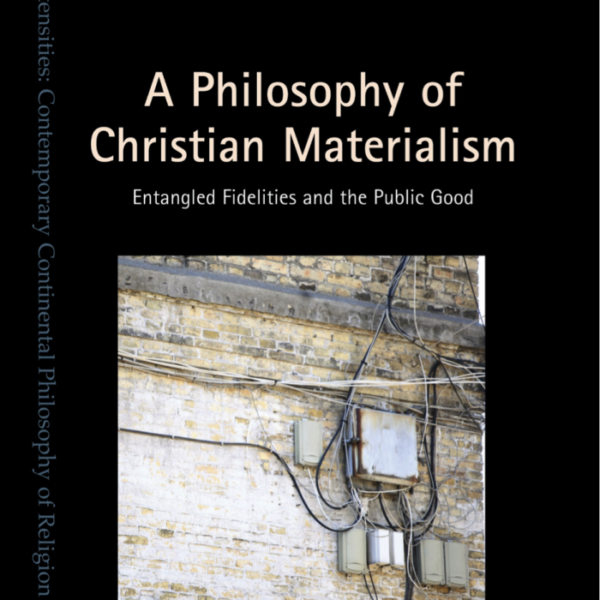
This book is both a project and a staging post on a shared journey. It is a place where, for a brief moment, the three of us came to rest in order to explore and expand upon our separate reflections on attempts to construct an appropriate contemporary conceptuality for Christianity, and its implications for engaged practice and public theology.
By John Reader

Wisdom’s publicly raised voice challenges the simple ones, who love being simple; the scoffers, who delight in their scoffing; and the fools, who hate knowledge. The reproof of Wisdom is especially relevant in the contemporary political world, where so many of our leaders and politicians thrive upon such popular attitudes.
